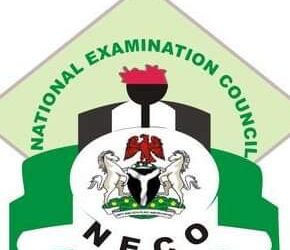A Professor of Account and Deputy Vice-Chancellor, (Academic), of Nasarawa State University, Keffi, Prof. Musa Inuwa Fodio, has said despite challenges, the standard of university education has remained stable.
Fodio, who said this during his inaugural lecture of the university, stated: “The public has not appreciated the fact that the JAMB score is not the only bases for assessing prospective students into higher institutions.
“The requirement of government which is the JAMB score constitutes only 50 per cent of the entire requirement for assessing students. The remaining 50 per cent are internal processes of the universities to devise. When we say that 170 is the minimum mark, it does not really mean that somebody who scores 170 does not qualify to be admitted.
“I can say without any doubt that the reduction of cut-off point has not affected the quality of education because we subject prospective students to other requirements and are only admitted when they meet all the requirements. “The last JAMB results and a recent study also by JAMB have shown that people who do very well in the universities are not necessarily those who scored high marks in JAMB or UTME examinations”.
The don also said that the challenges in the education sector were enormous, adding: “For me, I think the problems are more than just funding.
“Although I agree that there are problems with funding, but what I am saying is that it is not the major challenge. The real problem, from my perspective, is that the education sector has not really been given the required attention that it deserves and because of this lack of proper attention, the sector has now become an all comers affair, whereby politicians and whoever has the money to set-up a school will go ahead and establish schools without facilities.
“The education sector was designed and is supposed to be the most prestigious of all sectors of the economy, reserved only for the gifted, the intelligent ones who are prepared to move the society forward along highly positive lines, but this is not the case. Many of us are worried that it has become the most relegated section of the economy and except something is done and urgently too, to salvage the situation, Nigeria may end up in the future with an education system that may not measure up with emerging standards in other parts of the globe.”



